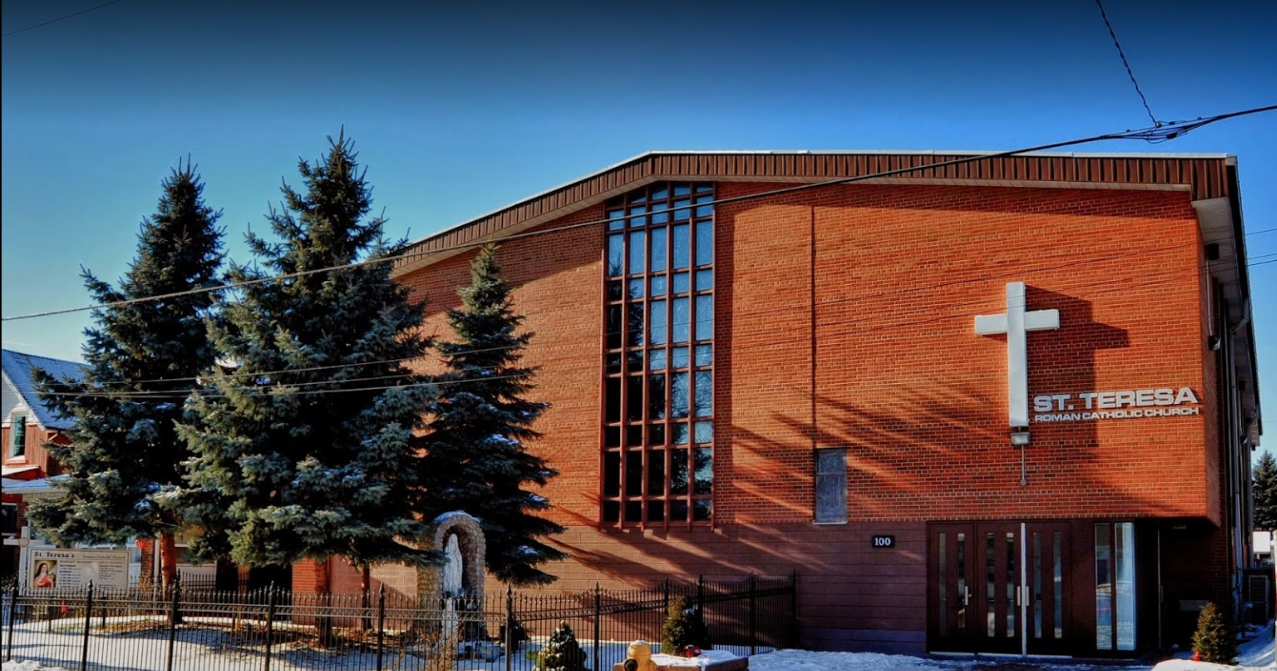
CCCB Statement on the Expansion of Euthanasia in Canada
Message from the Catholic Bishops of Canada to the Faithful
On the Expansion of Euthanasia and Assisted Suicide in Canada
I came that they may have life, and have it abundantly (John 10:10)
Dear Brothers and Sisters in Christ,
During this Easter season as we celebrate the resurrection of Christ and the new life we have in him, we desire to engage our Catholic faithful on a subject of crucial importance to all of us. Bill C-7 has now become law, expanding euthanasia and assisted suicide in Canada, known as “Medical Assistance in Dying” (“MAiD”). As with the 2016 legislation that decriminalized these practices across Canada, the Catholic Bishops of Canada have consistently objected to such a law and most recently its expansion through Bill C-7,1 which allows euthanasia and assisted suicide even for those whose death is not “reasonably foreseeable”. The possible pressures that will be placed on persons with mental illnesses or disabilities resulting from the most recent legislative changes are all too real, perilous and potentially destructive.2
Our position remains unequivocal. Euthanasia and assisted suicide constitute the deliberate killing of human life in violation of God’s Commandments; they erode our shared dignity by failing to see, to accept, and accompany those suffering and dying. Furthermore, they undermine the fundamental duty we have to take care of the weakest and most vulnerable members of society. Human life must be protected from conception to natural death, at all stages and in all conditions.
In the new and challenging situation we now face, we truly wish to acknowledge and support all those individuals and communities who continue to defend life by resisting euthanasia and assisted suicide in Canada, or by promoting life through the care of family, friends and loved ones in their suffering, or in attending to the sick and dying as a dedicated healthcare worker or as a compassionate volunteer.
Our advocacy must continue for rapid access to mental health care, social support for people with such illnesses, and suicide prevention programs. It must include the management and social support of individuals with chronic and/or degenerative diseases, and those living in isolation at our long-term care facilities.
We urge you, as men and women of faith, not to lose heart. As Bishops, we will accompany you in prayer and vigilant advocacy against a “culture of death” which continues to erode the dignity of human life in our country.
We would find it unacceptable if healthcare professionals who oppose euthanasia and assisted suicide were ever to be coerced to participate in acts which their conscience finds morally wrong. The direct killing of a person may never be considered a duty. Likewise, we are categorically opposed to allowing euthanasia and assisted suicide to take place in institutions that bear the name of Catholic.
The experiences of families and healthcare professionals have shown us that palliative care is beneficial for a patient’s physical, emotional, and spiritual condition, especially when provided early on. Practised in a “community of care” setting, palliative care can alleviate and control pain and physical, psychological and spiritual suffering as well as loneliness and isolation, feelings of a loss of dignity, purpose and meaning, and the burden of care often experienced by family, friends and caregivers. Palliative care, and not euthanasia or assisted suicide, is the compassionate and supportive response to suffering and dying.
At this point, it is important to become informed, to renew our involvement wherever we live, and to partner with members of our parish or other faith groups and organizations to continue lobbying our elected officials about these matters. Above all, we need to pray earnestly for a new outpouring of grace, so that the fear and despair experienced by many will give way to courage and hope and that all may welcome the call to support the suffering and dying in ways that reflect the loving and compassionate gaze of Jesus, the risen Lord who lives forever.
Sincerely in the Risen Christ,
+ Richard Gagnon Archbishop of Winnipeg
President of the Canadian Conference of Catholic Bishops
Signed on behalf of the members of the Permanent Council who represent all the Bishops of Canada outside Plenary Assembly meetings of the Canadian Conference of Catholic Bishops.
8 April 2021
1 https://www.cccb.ca/faith-moral-issues/suffering-and-end-of-life/euthanasia-and-assisted-suicide/
2 Congregation for the Doctrine of the Faith, Letter Samaritanus bonus (On the care of persons in the critical and terminal phases of life), 22 September 2020, introduction: “The ethical and legal boundaries that protect the self- determination of the sick person are transgressed by such legislation, and, to a worrying degree, the value of human life during times of illness, the meaning of suffering, and the significance of the interval preceding death are eclipsed. Pain and death do not constitute the ultimate measures of the human dignity that is proper to every person by the very fact that they are “human beings”.
